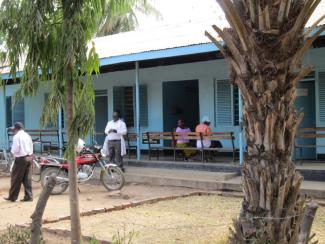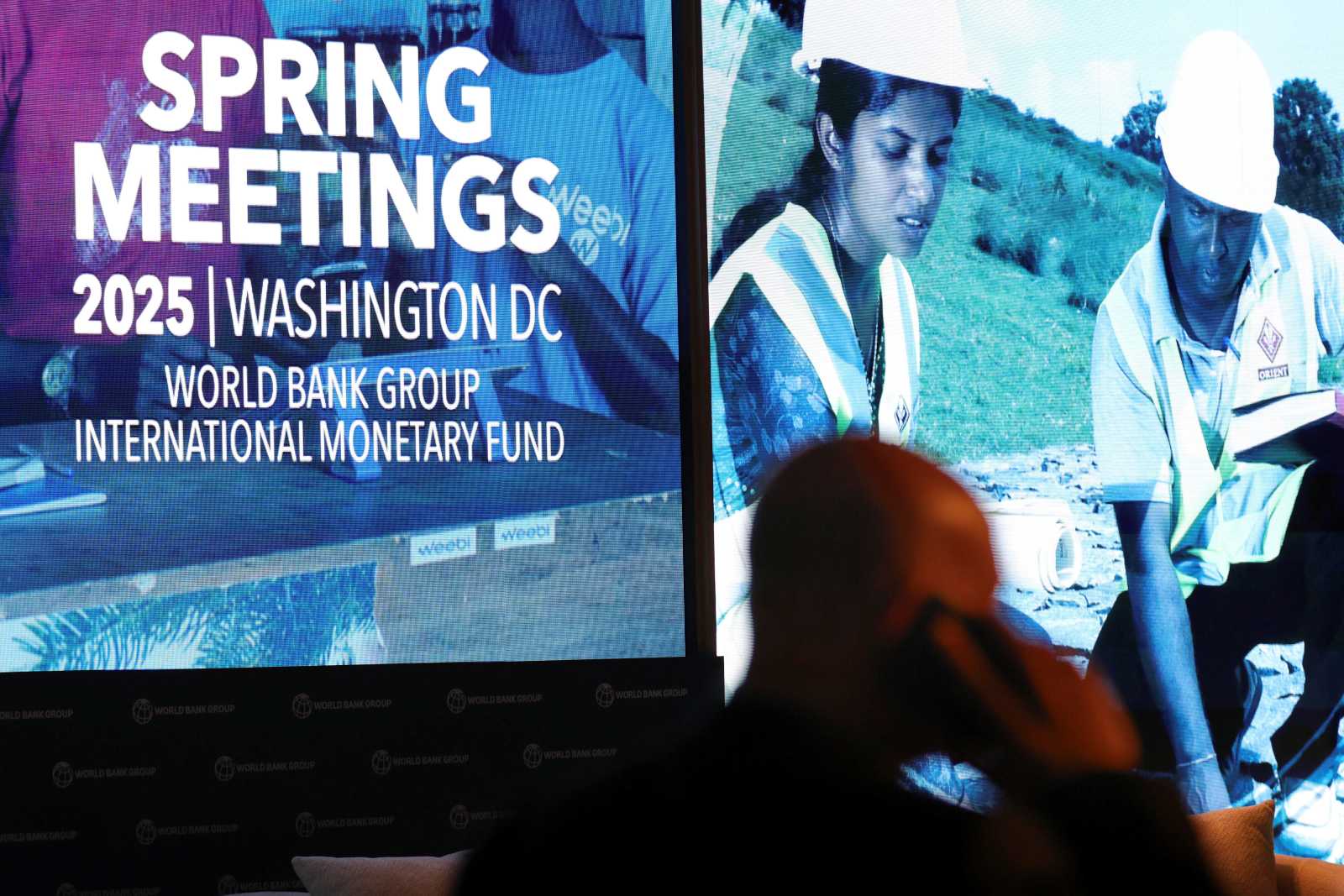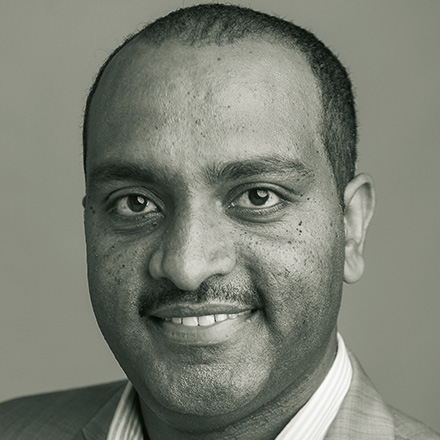Multilateral affairs
Global governance for SDGs

Achieving the Sustainable Development Goals (SDGs) will largely depend on proper coordination and good governance. A fundamental lesson of the progress made in recent years in terms of the Millennium Development Goals is that we need effective coordination between various stakeholders at national and international levels. Inclusiveness must be ensured.
The SDGs were designed in a broad-based dialogue- and consultation process that involved representatives of governments, civil society, the private sector and academia from around the world. This was the right approach – and it was consistent with the principle of leaving no one behind.
Achieving the goals will require at least the same level of coordination and active participation. The agenda is very ambitious and relates to many different issues. Ultimately, it is about governing the entire planet in a way that allows its peoples to prosper and its nature to flourish. We will need a system of universally accepted and respected rules and regulations so a multitude of sovereign governments and an even greater number of independent agents can all play their part.
Moreover, the time frame should focus minds. Substantial funding and other resources are needed to achieve the SDGs by the 2030 deadline as promised. So far, however, it has not been spelled out clearly where those resources will come from. Without an appropriate and supportive global governance system, the SDG agenda is bound to fail.
Around the world, enormous enthusiasm for the SDGs has been shown. The agenda has been backed by all UN members. However, no agreement on accountability has been put in place, and it has not been made clear who is responsible for providing inputs. It is not enough to demand inclusiveness and involve many partners in debates. To implement policies, responsibilities must be spelled out clearly, and they will have to apply to different partners in different ways.
At the international level, governments, private-sector companies, civil-society organisations, multilateral institutions and other partners are only bound by the moral authority that is derived from the adoption of the SDGs. Citizen pressure can emphasise that moral authority. However, the public lacks any other means of holding partners accountable.
Things are different at the national level. Governments are bound by the constitutions and laws of their countries and will act accordingly. The SDGs, however, cannot be national or even local politics. After all, they are the result of an extended multilateral negotiation process. They concern the entire world and are an expression of converging views. Some SDGs, moreover, are of planetary scope – regarding, for example, the protection of the climate, biodiversity, marine life et cetera. Nonetheless, global governance in regard to the SDGs is currently limited to facilitating dialogue, sharing experience and – to a yet insufficient extent – transferring resources.
National governments adopted the SDGs unanimously in the UN General Assembly in September 2015. They must, of course, assume responsibility, and they are facing considerable challenges in regard to the SDGs. Typically, a national government will first raise public awareness of the SDGs, ensuring that they are considered in all and local-level planning. Parliaments, municipal councils and other relevant legislative bodies must be involved in policymaking. The costs must be assessed, so the national and subnational budgets can make funds available accordingly. Parallel implemention schemes must be avoided. Proper monitoring and evaluation systems are needed. Citizens must be informed about the status of implementation and the results achieved in a timely manner. There can be no doubt that the agenda requires a capable state.
Peer pressure
The international community cannot assume that all states are up to the task. In many places, governance must improve. Currently, regional and continental peer-review mechanisms are in place to monitor the quality of national governance. These mechanisms should be updated in a way that makes them take account of the SDGs. Peer pressure could thus contribute to standardising approaches and promoting best practices. It would probably make sense to establish something similar at the global level.
Achieving the SDGs will require major investments, and it would be unrealistic to expect all countries to mobilise all the needed resources domestically. Some SDGs will bring immediate rewards, including food security, health, education, energy, roads et cetera. It is not hard to convince the public of their merit. Other SDGs, however, concerning the protection of biodiversity and natural resources, for example, will only reveal their value over time. Policymakers in poor countries will struggle to allocate tax money to such purposes. It would be wise to grant them international support.
Countries at an early stage of development will need such support. A reasonable response to that need could resemble the approach taken in multilateral debt relief. Highly indebted countries had to draft and implement poverty-reduction strategies, and, if donors considered the strategies convincing, they supported the countries’ national budget.
Budget support is the appropriate way to assist SDG action as well. It ensures the policy ownership of the country concerned and is channeled through its institutions. It becomes part of the political process, so the general public can be involved. Aid that bypasses national institutions, in contrast, creates parallel structures. These issues have been thoroughly discussed in the context of the Paris Declaration on Aid Effectiveness, and work on the matter is being carried on by the Global Partnership for Effective Development Cooperation (see article in D+C/E+Z e-Paper, 2017/02).
In any case, there is a need to establish a legitimate institution for coordinating resources at the global level. The UN could be empowered to do so. The institution must take into account the contributions of governments, private sector, civil society and academia.
Belay Begashaw is director general of the Sustainable Development Goals Center for Africa (SDGC/A) in Kigali, Rwanda.













